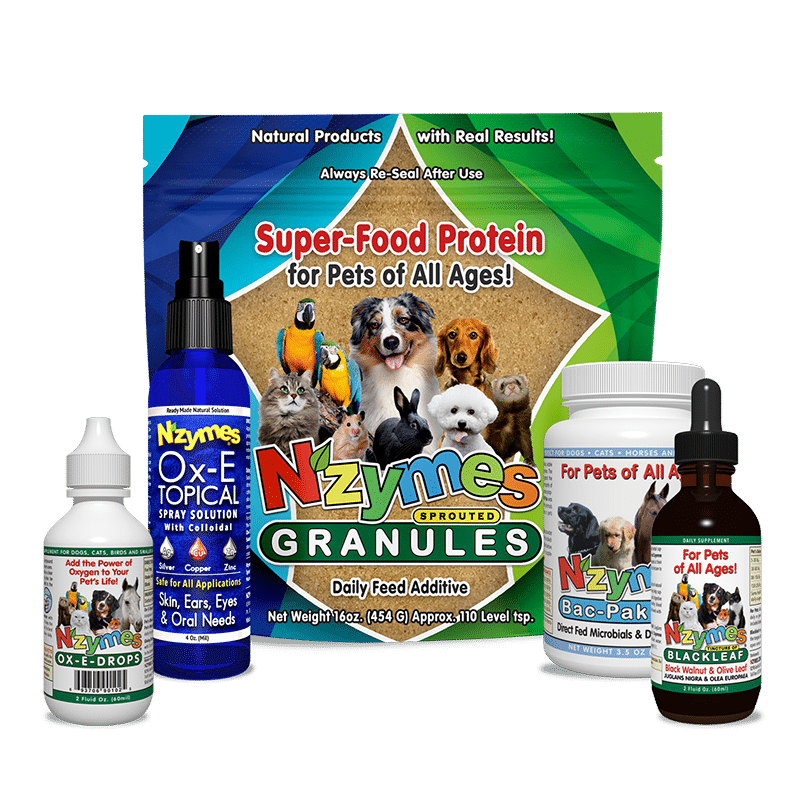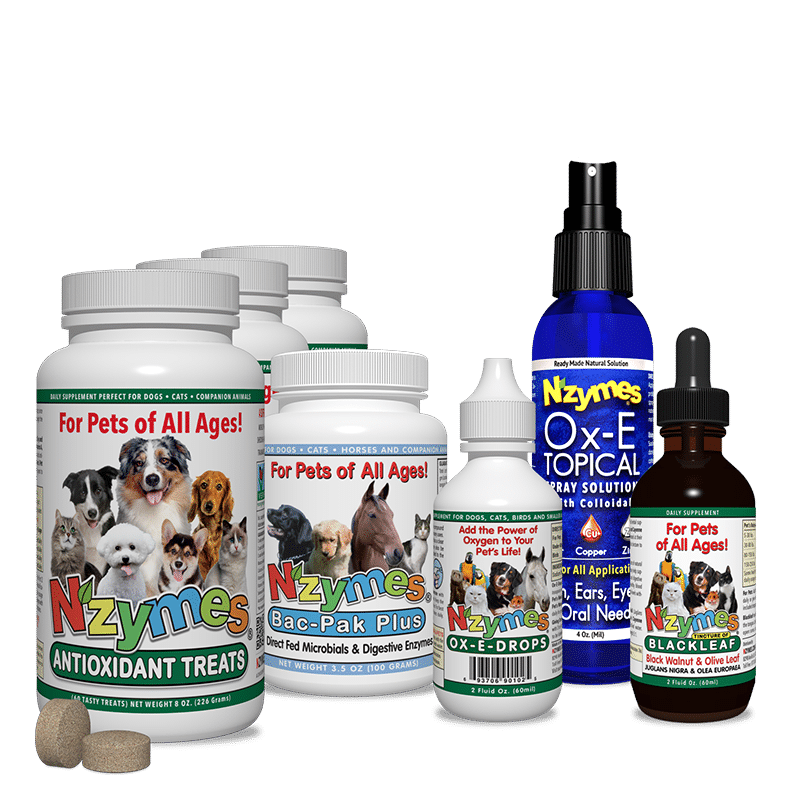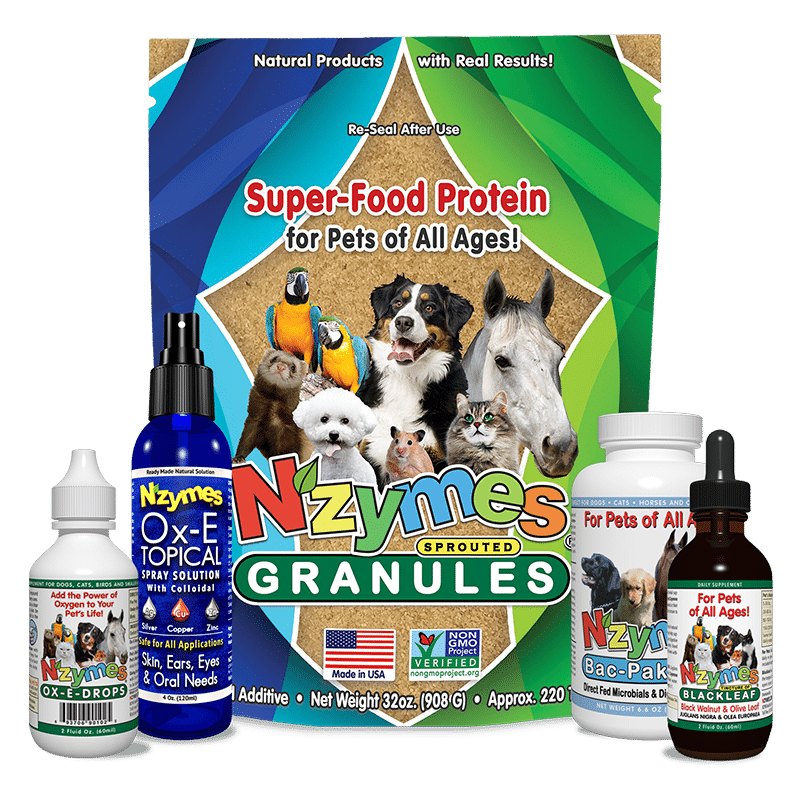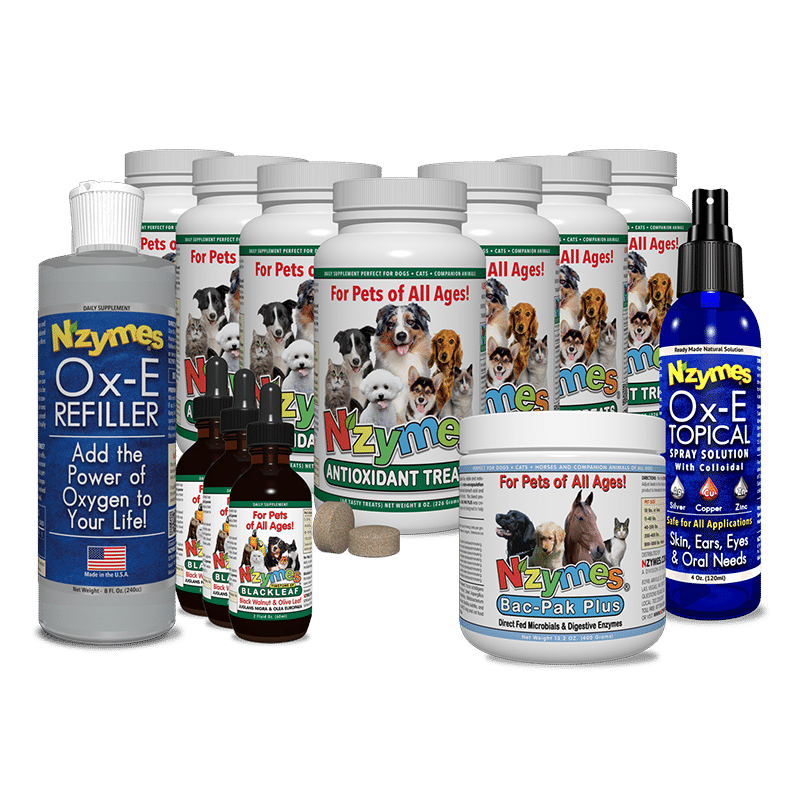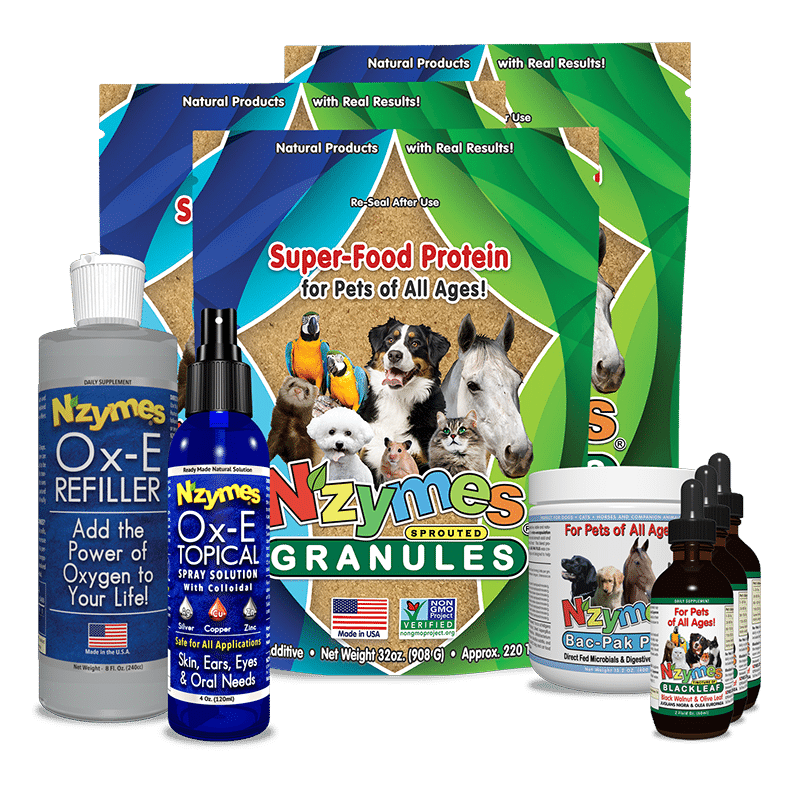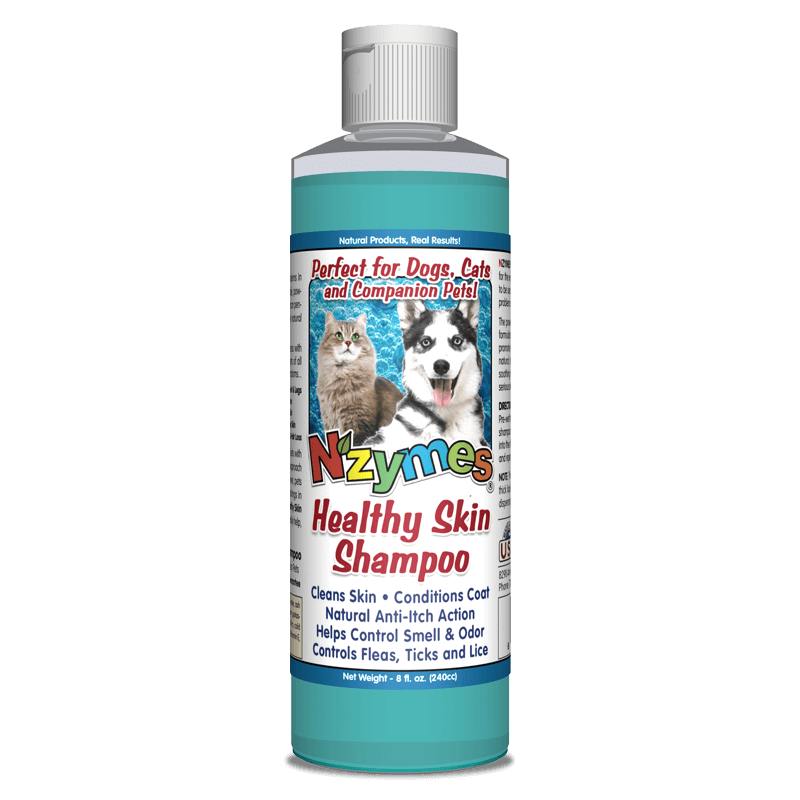Leaky-Gut in Pets – What it means
If you are reading this, chances are you may not yet know what leaky gut syndrome in dogs is…but there’s a good chance you already know it’s as gross as it sounds, and you’ve likely found this page by discretely Googling diarrhea, constipation, gas or bloating.
The truth is, this is more than an inconvenient and often stinky situation. By the time diarrhea or constipation, gas or bloating become frequent, a much deeper issue has already taken root in the gut. These symptoms are caused by an imbalance in the gastrointestinal (or GI) tract.
The digestive system contains a complex community of microorganisms – including friendly bacteria like probiotics and fungi (yeast Candida) all serving specific purposes. If this system is starved, compromised or attacked by a parasite or medication, natural pockets of yeast will become opportunistic and start overrunning the natural balance – often causing a systemic yeast overgrowth. The inserted picture illustrates such yeast infection growth areas on intestinal tissues.

This imbalance in the gut causes the intestinal lining to weaken, making is easy to penetrate and allowing undigested food particles to break through the intestinal walls and enter the bloodstream. These particles are seen as invaders by the body and trigger hypersensitive immune responses, often leading to an ‘allergies’ diagnosis. It’s important to note that this imbalance doesn’t ‘just happen’ in an otherwise healthy dog – it is usually caused incrementally by many common things
Foods high in starches and carbohydrates, containing harsh preservatives and harmful additives are mainly responsible for this imbalance. Many commercial dog foods boast of natural ingredients and “vet recommendations” but contain very little real nutrition in the long list of preservatives, additives, and coloring’s on the back panel. Over time (some much shorter than others) these foods will feed the yeast and starve the good bacteria of the intestinal lining. The combined effect is to allow the yeast to overrun the system because nutrition sources are feeding the yeast, while allowing the needed bacteria to starve.
Antibiotics are known to destroy good bacteria when administered to go after bad bacteria. Worse yet, steroids suppress the immune system entirely until the wear off. In some situations, these treatments are unavoidable; but all too often they are band-aid treatments – blanket solutions for everything that ails you (or your dog). They are commonly overused and under-assessed as the cause of this unhealthy imbalance in the gut. If the frequent use of these medications is necessary, be sure to compensate their side-effects with probiotic supplements and good nutrition.
Frequent diarrhea, gas, and bloat are often just the first outward symptoms of this imbalance known as a leaky gut syndrome. If unnoticed or untreated, the imbalance will progress into a full-blown yeast overgrowth and additional symptom like itching, odor, hot spots, blackened skin, chronic ear infections and other issues will soon arise. Traditional vets often diagnosed these symptoms as allergies and simply treat the surface issues with steroids, because the immune system is overreacting which will cause false positive allergy tests. However, steroids only suppress the hypersensitive response the immune system is having to the yeast overgrowth as it tries to exit through the skin, causing the myriad of symptoms above.
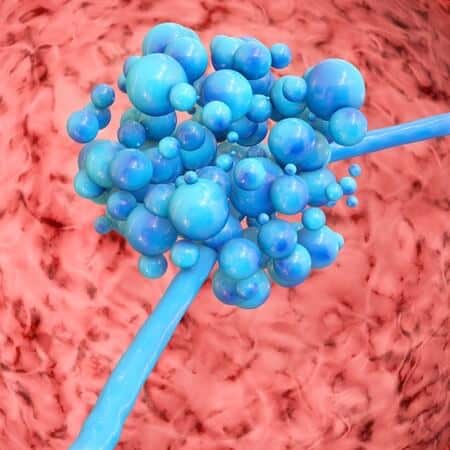
If you suspect that leaky gut syndrome is the issue you are dealing with, try approaching the problem naturally with probiotics and a diet high in protein and low in starches. You may also consider consulting a holistic or integrative vet. Many of these practitioners can address this issue more effectively by looking past the surface symptoms and into past treatments, nutrition, medical history and other seemingly unrelated symptoms. If you feel that you must consult a vet, be aware that traditional and holistic vets differ on many levels. For instance, if you take your dog to a traditional vet while he’s dealing with diarrhea and an ear infection, he would likely treat these issues separately, whereas a holistic (or integrative) vet would look at these issues and ask questions that may determine that these symptoms are actually related to the same root problem.
These differences will take you down two completely different paths of treatment and outcomes. Traditional routes of a steroid treatment or immune suppressant may offer more immediate relief for a surface symptom like diarrhea, but it will prolong the root issue of leaky gut syndrome. A natural diet based or holistic treatments will instead turn to nutrition and natural supplements to begin rebuilding the GI tract – and while this route may take more time to see results, it can also be far less expensive and decidedly more effective in repairing those pesky leaks in the gut.
The first and always most valuable step in understanding this issue is doing what you are already doing – your own research. Compare notes, read what you can read, listen to other pup parents, balance available veterinarian advice, and trust your intuition before deciding on the treatment plan that’s best for your dog.

